Blog
Our blog features news posts related to current events as well as the perspectives of impacted people and communities, activists, advocates, and others who have much to share about how they are building power to end racist criminalization and punishment.
News
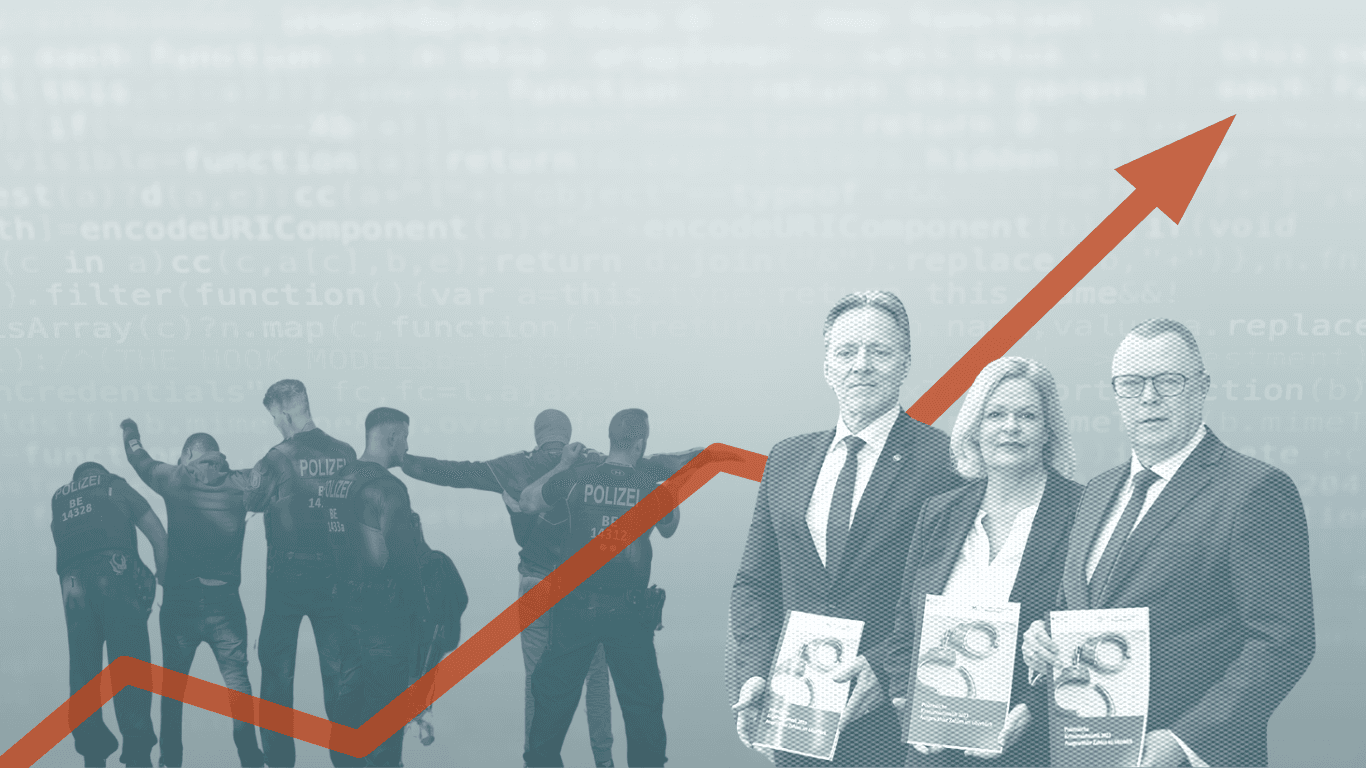
Die polizeiliche Kriminalstatistik ist als Instrument zur Bewertung der Sicherheitslage ungeeignet
Justice Collective, Grundrechtekomitee und 40 weitere
Wissenschaftler*innen und Mitglieder der Zivilgesellschaft warnen vor der politisierten Nutzung der polizeilichen Kriminalitätsstatistik, die jedes Jahr dafür genutzt wird, falsche Narrative über steigende Kriminalität und vermeintlich „kriminelle Migrant*innen“ zu verbreiten. Die Unterzeichnenden stellen das durch das BKA und die Medien gezeichnete statistische Bild entschieden in Frage und betonen, dass die PKS zur Polarisierung der Gesellschaft und Stigmatisierung bestimmter Bevölkerungsgruppen beiträgt.

Online-Pressekonferenz anlässlich der anstehenden Veröffentlichung der Polizeilichen Kriminalstatistik (PKS)
Justice Collective und Komitee für Grundrechte und Demokratie
Zusammen mit dem Kölner Komitee für Grundrechte und Demokratie hat das Berliner Justice Collective diese Konferenz einberufen, um die polizeiliche Statistik und deren politische Instrumentalisierung kritisch einzuordnen. Denn obwohl medial und politisch viel Wert auf sie gelegt wird, ist die PKS als Instrument zur Bewertung der Sicherheitslage in diesem Land ungeeignet. Dafür gibt es eine Reihe von Gründen, die wir in einem gemeinsamen Statement am 01.04. veröffentlichen werden und auf die wir in der Pressekonferenz im Detail eingehen wollen.
Perspectives

Criminalized: The Anti-Migration Debate Fuels and Legitimizes Systemic Racism
Anthony Obst, Justice Collective
Fueled by media coverage of isolated violent incidents, a troubling consensus has emerged that presents increasingly severe law-and-order measures as the only solution to perceived insecurity supposedly caused by immigration. This obscures the violent realities of racist criminalization.
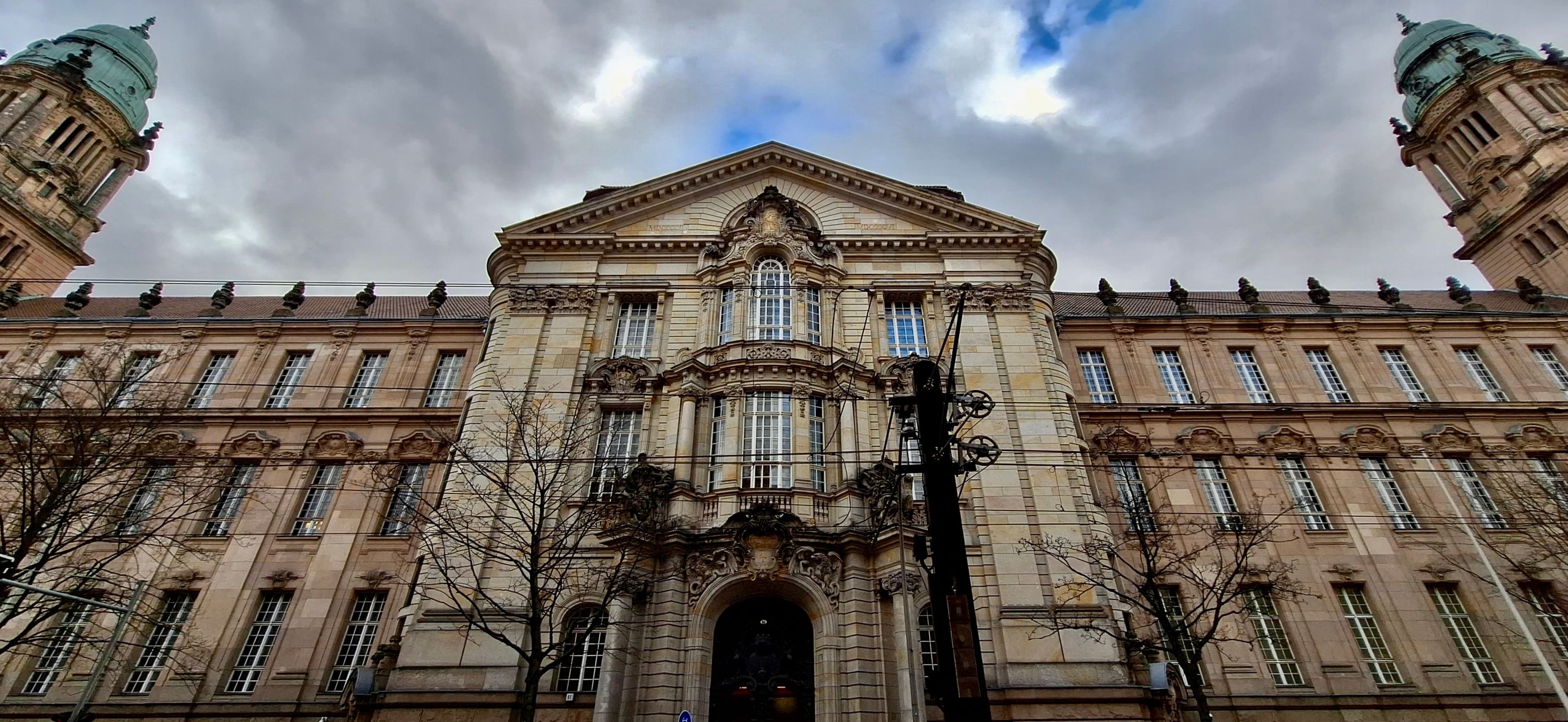
Documenting racism in court: Interview with Justizwatch
Justizwatch
An interview with Justizwatch on their work documenting racism in court in Berlin.
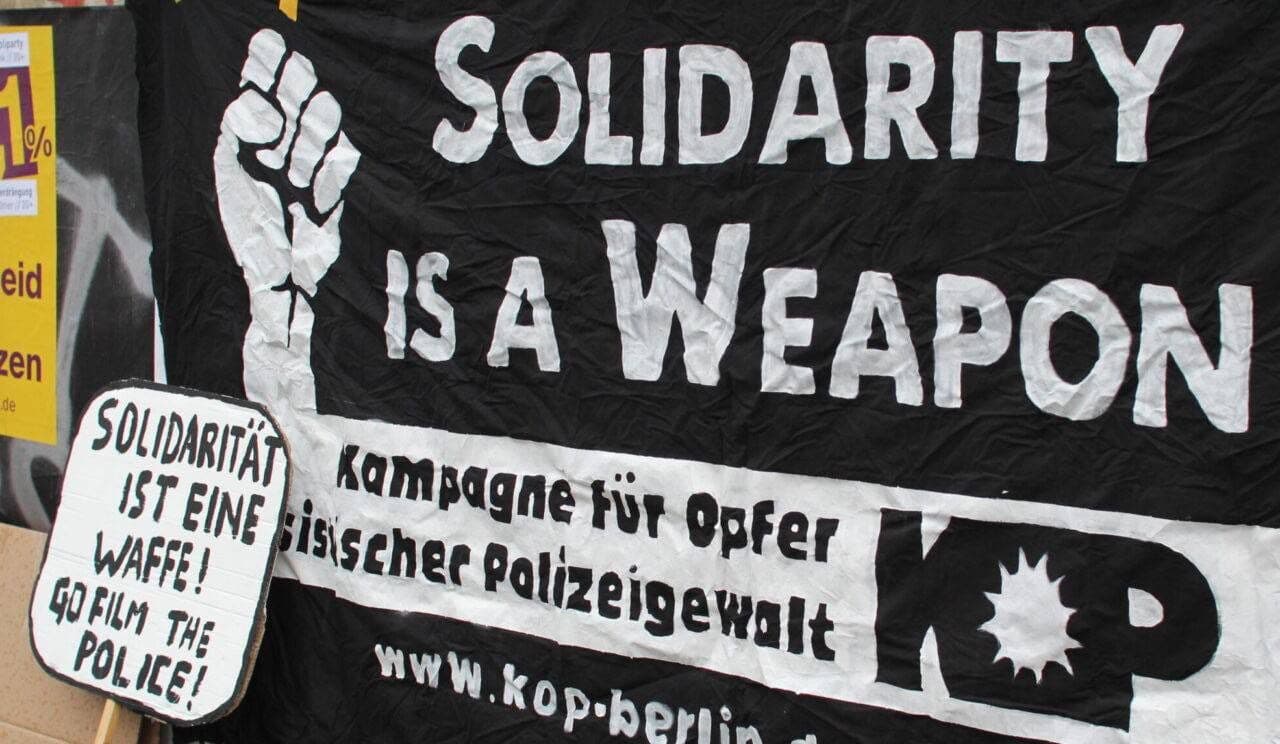
Solidarity-based interventions in systems of racist violence: policing, punishment, and (mass) criminalization
Kampagne für Opfer rassistischer Polizeigewalt (KOP)
The intensification of state repression, marginalization, and militarization are currently leading to an increase in police violence, a rising number of arrests for poverty-related offenses, and the brutal (criminal) disciplining of “internal enemies”. In this situation, it is urgent to reflect on how we can link the fight against racist police violence and state racism more closely with other struggles to end dehumanization, exploitation, and widespread state violence.
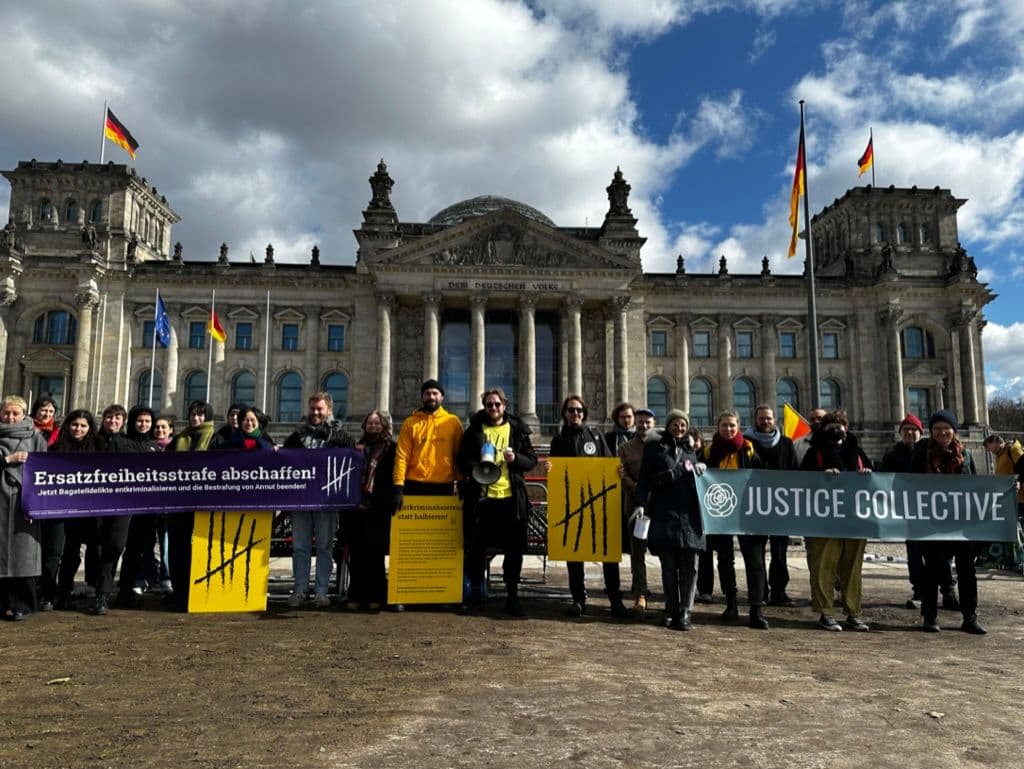
Jailing people for unpaid fines is about more than punishing poverty
Carmen Grimm, Bündnis zur Abschaffung der Ersatzfreiheitsstrafe
In Germany, people are incarcerated every day because they cannot pay a fine. Critics of this practice known as “Ersatzfreiheitsstrafe” are in agreement that a person’s economic status should not determine the severity of their sentence. The Coalition for the Abolition of Debtor’s Prisons agrees with this view – and urges critics to take a broader view attentive to the links between poverty and racism.
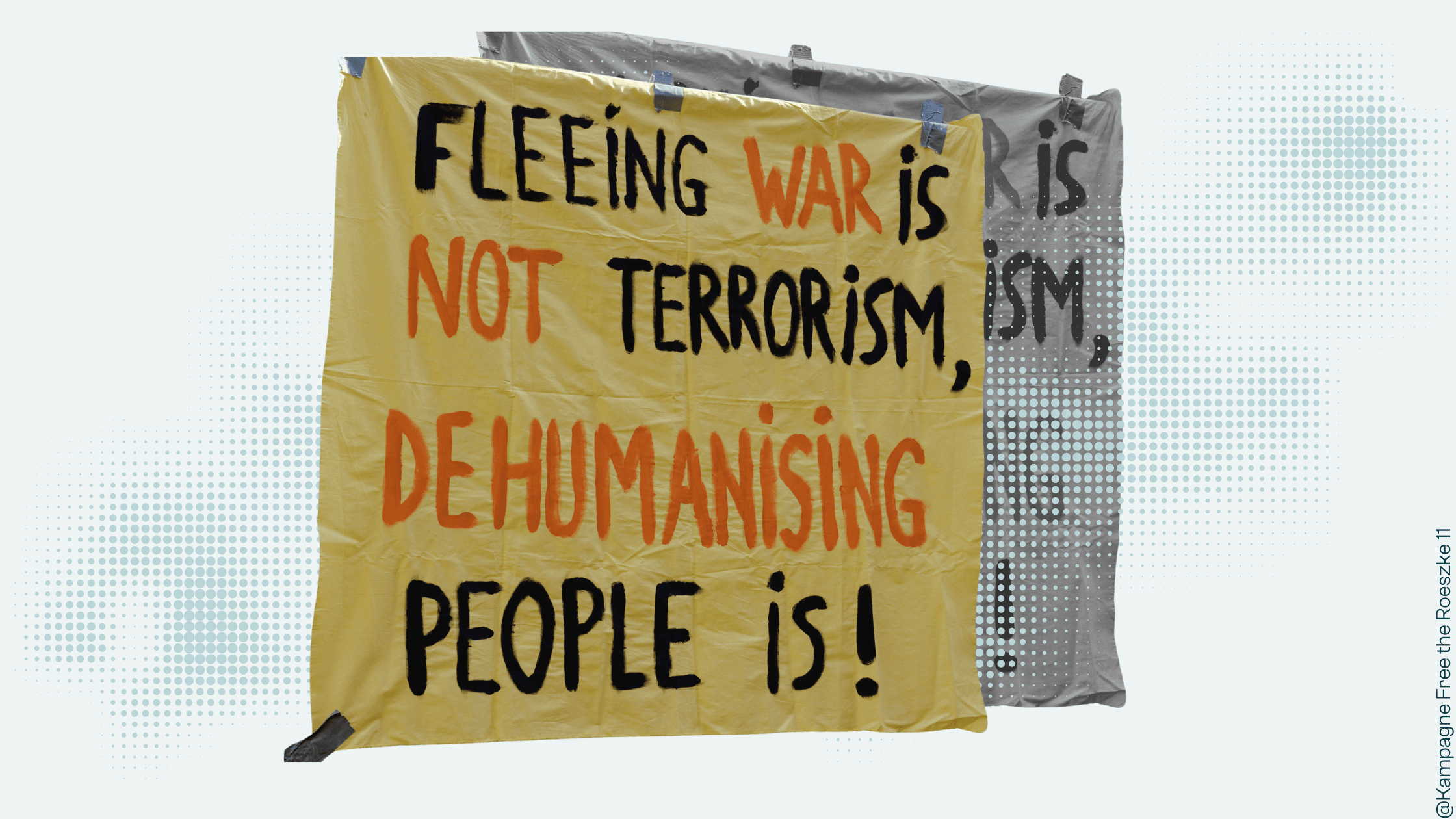
Refugees in Germany: The omnipresent border regime
Britta Rabe, Grundrechtekomitee
Even after surviving perilous journeys to reach the EU – which can include pushbacks, beatings, and torture – refugees face an exclusionary system within Fortress Europe that makes their arrival difficult or even impossible. The EU border regime extends all the way into Germany, permeating society invisibly yet tangibly for those who are excluded.